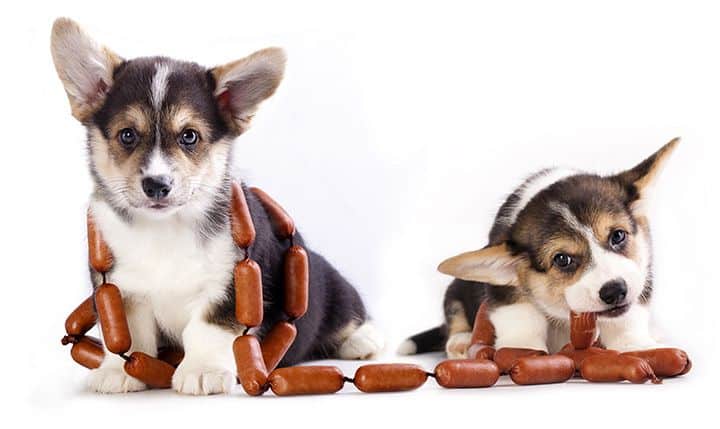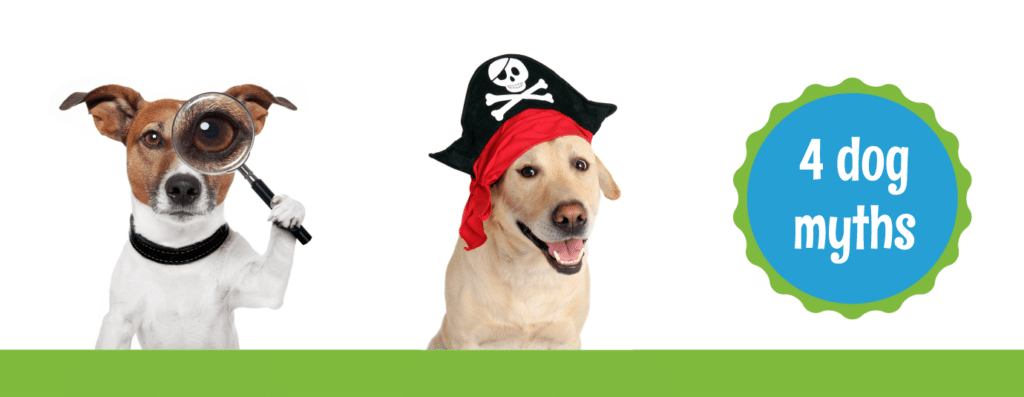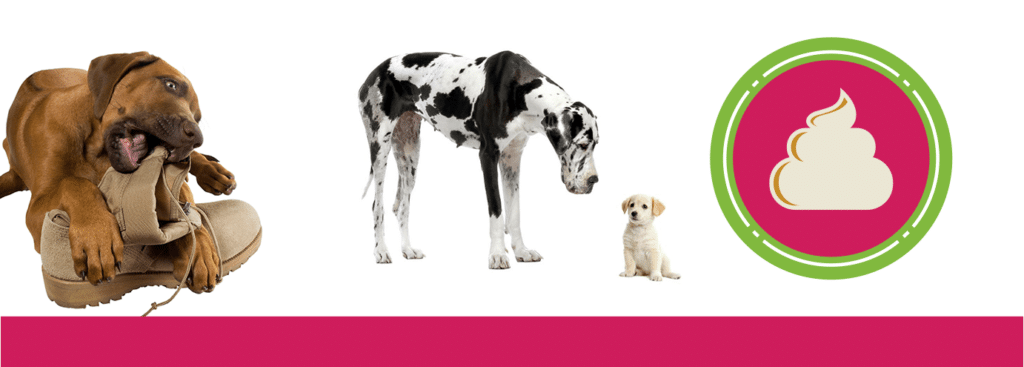Please listen to what your veterinarians tell you about what type of “human foods” you can give to your dog. For years vets have compiled lists of foods that humans eat but are toxic to dogs and on July 27 the Food and Drug Administration released a warning to pet owners advising against–toxic and sometimes deadly– types of food for pets can ingest. Humans and dogs have different metabolisms and humans can digest more types of foods than dogs. Other factors that contribute to differing effects of harmful ingestion are the size of the dog and the amount of food ingested. For example, a Great Dane may not get sick from eating a chocolate bar when a Chihuahua could become dangerously ill. We love our pets so keep them healthy!
Splash and Dash for Dogs has organized the top 8 on the list based on degree of toxicity and prevalence of the food in owner’s kitchens. Cats are important to keep in mind too, but tend to be much more pickier than canines when it comes to eating human foods. The FDA lists includes:
Raw Meat
Red meats and poultry contain harmful bacteria like E. Coli and Salmonella that are cooked out when the internal temperature of the meat reaches at least 165 degrees Fahrenheit. Before being cooked, meats should be kept out of reach of dogs because of the danger of these bacterias. Additionally, even cooked meats can be dangerous when too hot for dog consumption. If your dog is prone to jumping up on the counter or grill to retrieve food be extra careful when meat is not fully prepared or raw.
Grapes, Raisins, Currants
The exact chemical within both the dried and ripe fruit is toxic, but ingestion can lead to sudden vomiting, diarrhea, kidney failure, abdominal pain, and in some cases death. A common symptom after ingestion is dehydration. A simple way to tell if your dog is dehydrated is to gently pull back on the skin of their neck, if it does not spring back immediately your dog needs to drink water. Other ways of telling are dry nose, panting and pale gums.
Fried Foods with High Fat Content
Studies have shown that even only a few bites of fatty fried foods a dog could develop pancreatitis–a condition in which the pancreas and surrounding organs become inflamed as a result of ingesting food a dog cannot digest. Once a dog develops pancreatitis they can become more susceptible to developing the condition again. Dogs in the wild are carnivorous and never exposed to oils or butters and their domesticated counterparts digestive habits are very similar. Refrain from giving your dog any food cooked in oil, butter, or deep fried.
Foods Containing Mold
“In one study, 20 percent of dogs fed old eggs, moldy cheese, and spoiled gravy showed a mild fever when presented to the veterinary hospital,” explains Dr. Kevin Fitzgerald, columnist for AKC Family Dog. Because dogs can also get food poisoning it is unsafe to leave dogs unsupervised around waste baskets where moldy food could be ingested. If you have a dog that is prone to picking through the garbage, it may be a good idea to invest in a garbage that locks and is dog safe.
Onions, Garlic, Chives
These type of foods destroy red blood cells causing a condition called hemolytic anemia. Without a proper amount of red blood cells to carry oxygen to a dog’s various organs, the dog will weaken and possibly pass away. Not only should owners be wary of feeding dogs raw onions, garlic, and chives, but also prepared food with high amounts of these ingredients in them like salsa or hummus.
Salty Foods
A few potato chips may not be harmful, but pet owners need to be careful of dogs getting into the whole bag. Excessive amounts of salt intake by a dog can lead to sodium ion poisoning which dogs are more prone to than humans. Symptoms include vomiting, diarrhea, depression, tremors, elevated body temperature, seizures, and death. Keep open bags of salty snack foods out of reach of your dog and limit the amount you give to them as treats.
Macadamia Nuts
The high levels of fat make this nut off limits for dogs. Dogs who have ingested Macadamias develop symptoms after 12 hours and begin to act weak or lethargic. Even more severe cases include abdominal pains, joint pain, and loss of coordination.
Xylitol
Xylitol is a sugar substitute that makes the list because of its inclusion in some types of peanut butter. If you coat pills in peanut butter or stuff your dog’s toys with peanut butter make sure you read the ingredient list to make sure xylitol is not present. Consumption of even low doses can cause hypoglycemic episodes and lead to liver failure.



